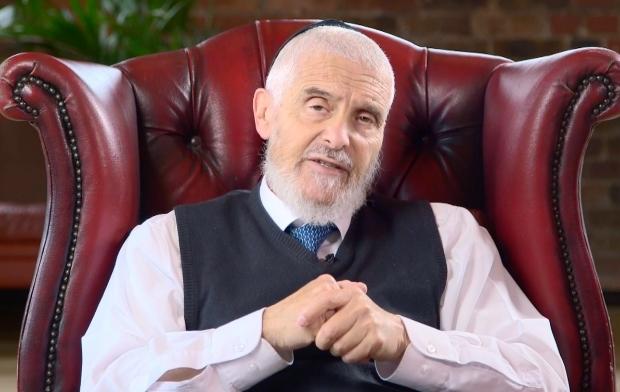Medical Ethics
In this course, using both ancient and modern examples, we will explore some Jewish medical law.
Episodes
3
Duration
122
Eligible for credit
$150
About this course
How does Judaism approach questions of life and death? What does Judaism say when you can only save one life and there are many lives to be saved? How do we approach the field of genes, genetics, and genomics? Does Judaism accept genetic material for identifying people? Can you use genes in a courtroom?
In this course, using both ancient and modern examples, we will explore some of the most interesting, fascinating, and controversial aspects of Jewish medical law.
Rabbi Dr Akiva Tatz, Senior Lecturer at the JLE, was born in Johannesburg, South Africa. After practicing as a doctor in both South Africa and the U.S., he moved to Israel where he practiced both in hospital and general medicine in Jerusalem and engaged in a number of years of Talmudic study and later teaching in Jewish thought and medical ethics in Jerusalem.
Rabbi Tatz is the Founder and Director of the Jerusalem Medical Ethics Forum and has written a number of books on the subject of Jewish Thought and Philosophy including Living Inspired and Worldmask. His work has been translated into Spanish, French, and Portuguese.
Course Outline
Rabbi Dr Akiva Tatz is one of the most renowned Jewish educators of our time. Having spent time as a doctor as well as a military physician, he is also the author of many books, including Dangerous Disease and Dangerous Therapy.
In this episode, Rabbi Tatz explores the latest research into genetics and genomics and applies that research into important questions about how we can use DNA in the 21st century.
Who do you save first if you have two people in need of urgent medical care? In this class Rabbi Tatz explores some fascinating case studies relating to triage, including modern examples such as whether you can switch off life support.

Other courses you may like
